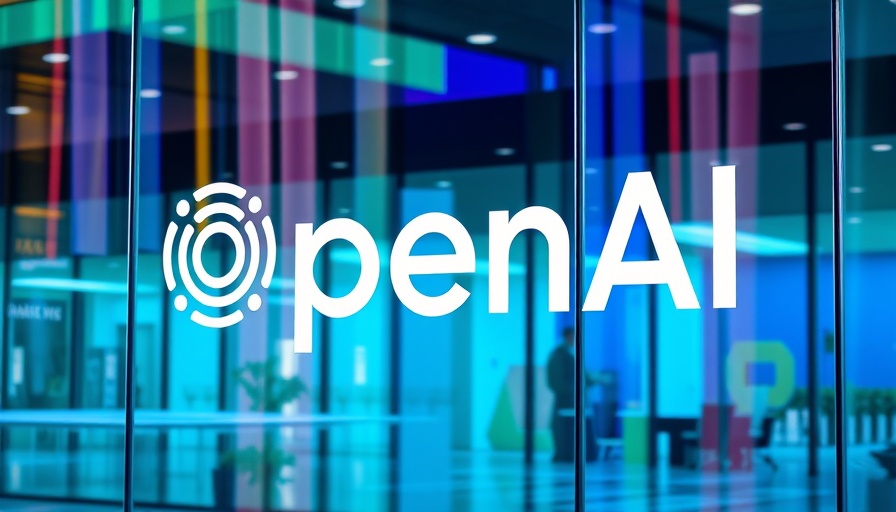
OpenAI's Global Leap: The Rise of AI Agents
OpenAI's recent expansion of its 'AI Agent' services to multiple countries marks a significant milestone in the adoption of AI-driven automation. This strategic move enhances the accessibility of AI tools designed to function as virtual co-workers, facilitating automated task completion tailored to user instructions. Initially exclusive to ChatGPT Pro users in the U.S., the AI Agent service is now open in countries like Australia, Brazil, Canada, India, Singapore, South Korea, and the UK. However, users in certain European nations, including Switzerland and Iceland, must wait for their turn.
What Are AI Agents Capable Of?
Designed to perform a variety of online tasks, these AI Agents can autonomously tackle duties previously performed by human software engineers. According to OpenAI CEO Sam Altman, while they may not fully replace human roles, these tools could significantly impact the industry by streamlining processes that were often cumbersome and time-consuming.
The Cost of Convenience: Subscription Concerns
Despite the promising functionalities, access to these AI Agents comes at a premium. Priced at $200 per month, the service raises concerns about accessibility, particularly for smaller businesses and individual users. This pricing model could potentially widen the existing digital divide, as not everyone can afford such advanced automation tools.
Competitive Landscape: OpenAI vs. Rivals
OpenAI is not the only player in the AI automation field. The company's Operator competes with Google's Project Mariner and various solutions from Anthropic. While OpenAI's AI Agents are gaining traction, Google's offerings present similar capabilities, focusing on seamless integration and accessibility, particularly across diverse digital platforms.
Public Reaction: Enthusiasm Meets Skepticism
Public reception to the expansion has been mixed. While users express excitement regarding the convenience of AI-driven task automation, concerns persist around data privacy and the potential for job displacement in industries heavily reliant on routine tasks like customer service and travel. OpenAI's retention policy of user data for 90 days has sparked debate surrounding privacy and ethical management of data stored by AI systems.
Implications for Future Employment
The introduction of these AI Agents prompts significant considerations for the job market. As AI solutions become more integrated into daily operations, roles that involve routine manual tasks may experience decline, necessitating a workforce transition toward more technical positions that require AI management skills.
Navigating Regulatory Hurdles in the AI Landscape
OpenAI's expansion efforts come amid varying regulatory landscapes, particularly in regions like the European Union, where data privacy regulations are stringent. As OpenAI seeks to operate globally, ensuring compliance with local laws while protecting user data becomes paramount. Regulatory frameworks must evolve to match the pace of technological innovations in AI, fostering responsible applications.
Looking Ahead: A Cautiously Optimistic Outlook
OpenAI's expansion of its AI Agent services not only signifies a push toward broader AI adoption but also prompts critical discussions around ethics, privacy, and accessibility in the digital age. Balancing innovation with responsibility is essential as industries and policymakers navigate the complexities introduced by these advanced AI technologies. The future of AI agents promises to reshape multiple sectors, yet sustained oversight and ethical considerations will be vital for their successful integration into society.
 Add Row
Add Row  Add
Add 




Write A Comment